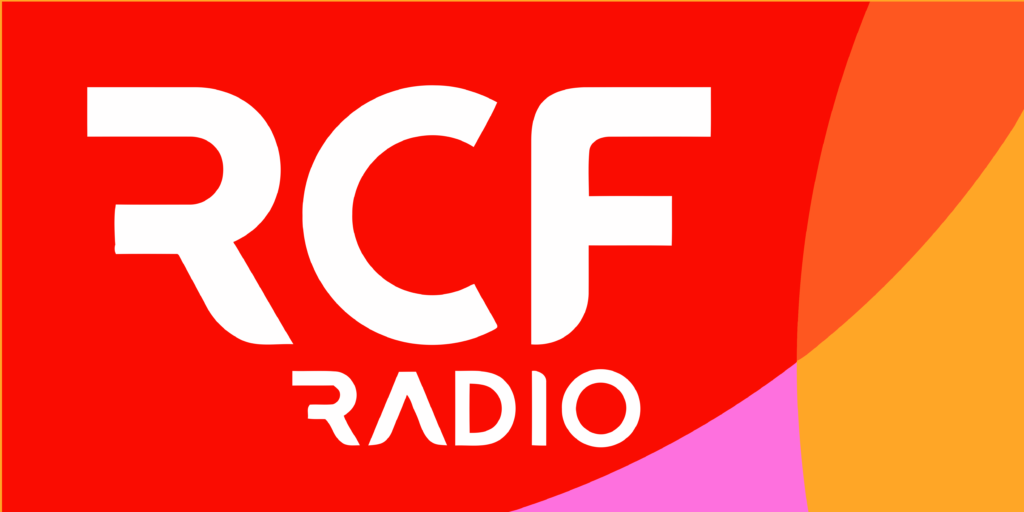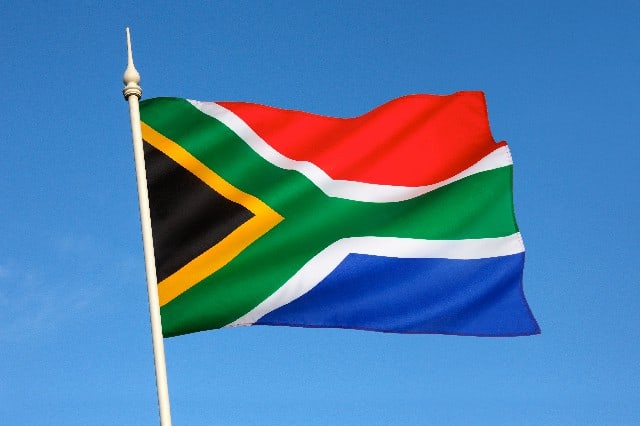La rédaction de RCF Loiret a pu visiter le camp de concentration de Theresienstadt, situé aux portes de Prague. Parmi les milliers de personnes qui y ont été enfermées, un jeune juif, Zelman Brajer provenait d’un camp d’internement et de transit Loirétain. Le journaliste Gabriel Laprade a retracé le chemin de déportation de cet homme, jusqu’au lieu de sa libération.
Soixante-dix-huit ans après la fin de la deuxième Guerre mondiale, on tend malheureusement à oublier que ce conflit et la Shoah ont eu sur la vie quotidienne de millions d’homme et de femmes. Il ne faut pas penser que l’holocauste du peuple juif soit juste une notion contenue dans les livres d’histoire. Cette tragédie a touché des personnes communes qui ont été arrachées de leur quotidien, de leurs familles, de leurs amis.
L’une de ces personnes – l’artiste polonais Zelman Brajer – a été arrêté à Paris en 1941 et transféré dans l’une des “portes” des camps de la mort nazis, qui étaient situés dans le Loiret. En effet Zelman Brajer (1919-2003) est prisonnier du “camps d’internement et de transit”, comme l’appelaient les nazis, de Beaune-la-Rolande. Avec son jumeau de Pithiviers, lui aussi situé dans le Loiret, ce camp a été le point de départ de plus de 18.000 personnes. Presque toutes ont trouvé la mort dans les “lager” de Hitler.
Zelman Brajer est d’abord prisonnier à Auschwitz, puis transféré à Terezin. Le 8 mai 1945, l’artiste polonais retrouve sa liberté.
Theresienstadt est une forteresse fondée en 1784 aux portes de Prague qui, pendant la Seconde Guerre mondiale, a été utilisée par les nazis comme ghetto. D’abord, des juifs tchèques et des célébrités y ont été enfermés, puis des juifs venant du Danemark et des Pays-Bas y ont été envoyés.
Au total, plus de 140 000 personnes sont passées par le ghetto. 35 000 y ont perdu la vie, et 88 000 ont été déportées et assassinées.
Sur place, Gidon Lev, survivant de l’holocauste et de Theresienstadt de 87 ans, est retourné au ghetto pour en faire la visite. Il dédit aujourd’hui une partie de sa vie au travail de la mémoire, en sensibilisant les plus jeunes sur les réseaux sociaux Instagram et TikTok : TheTrueAdventures.













